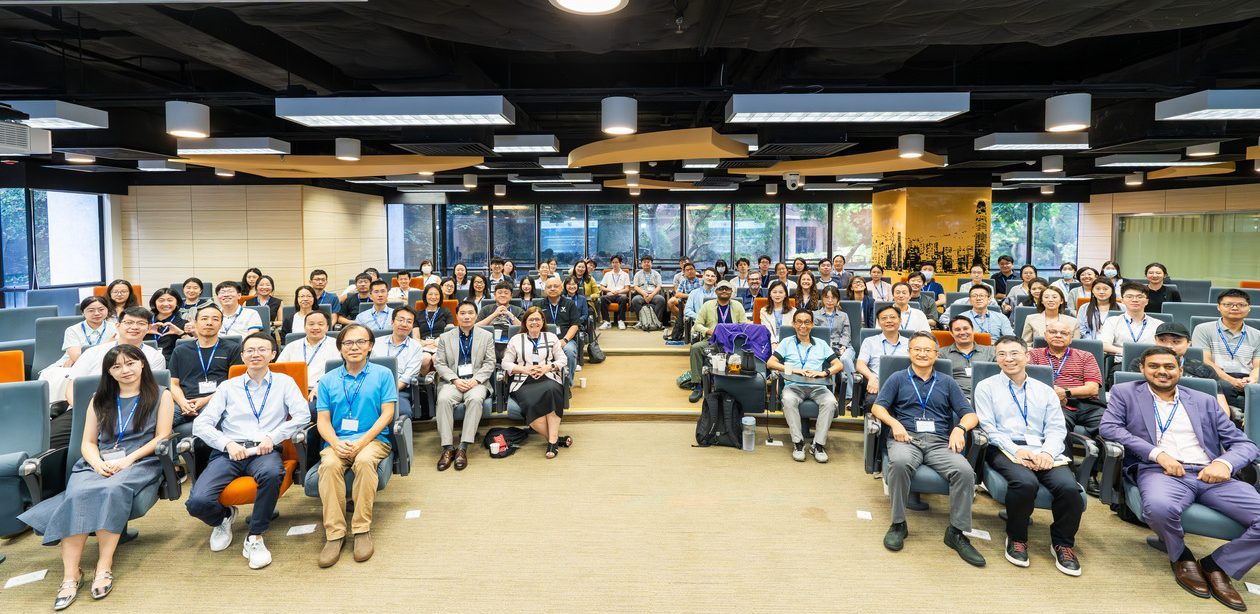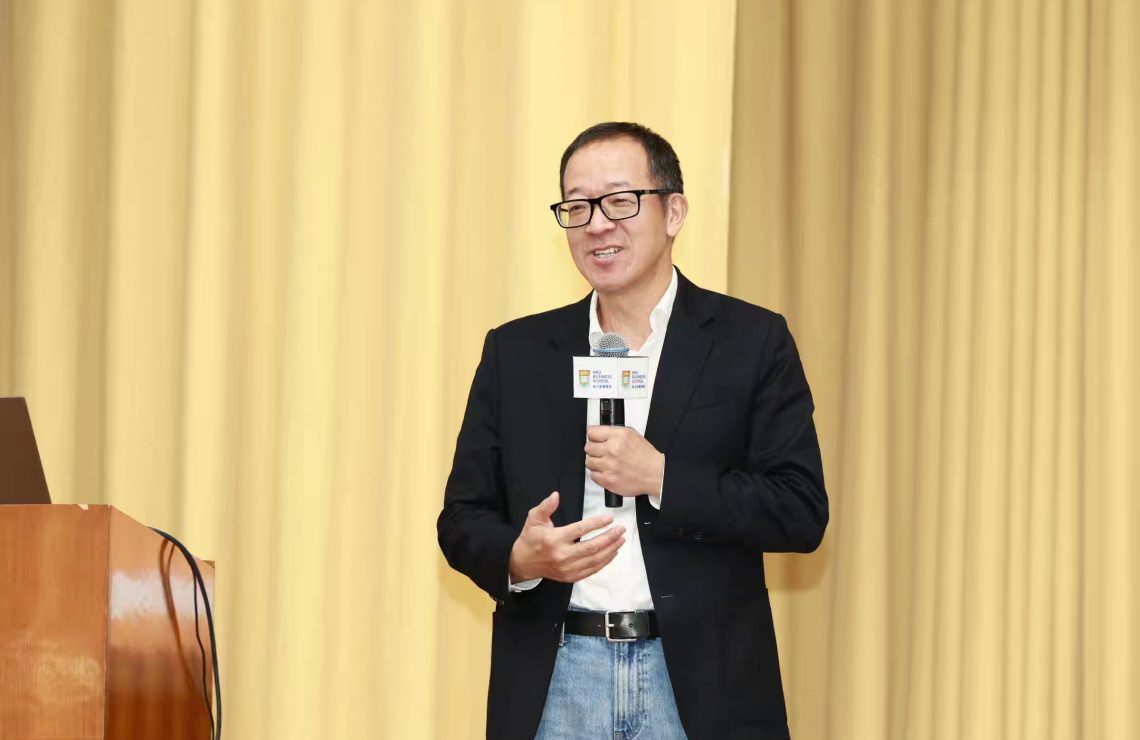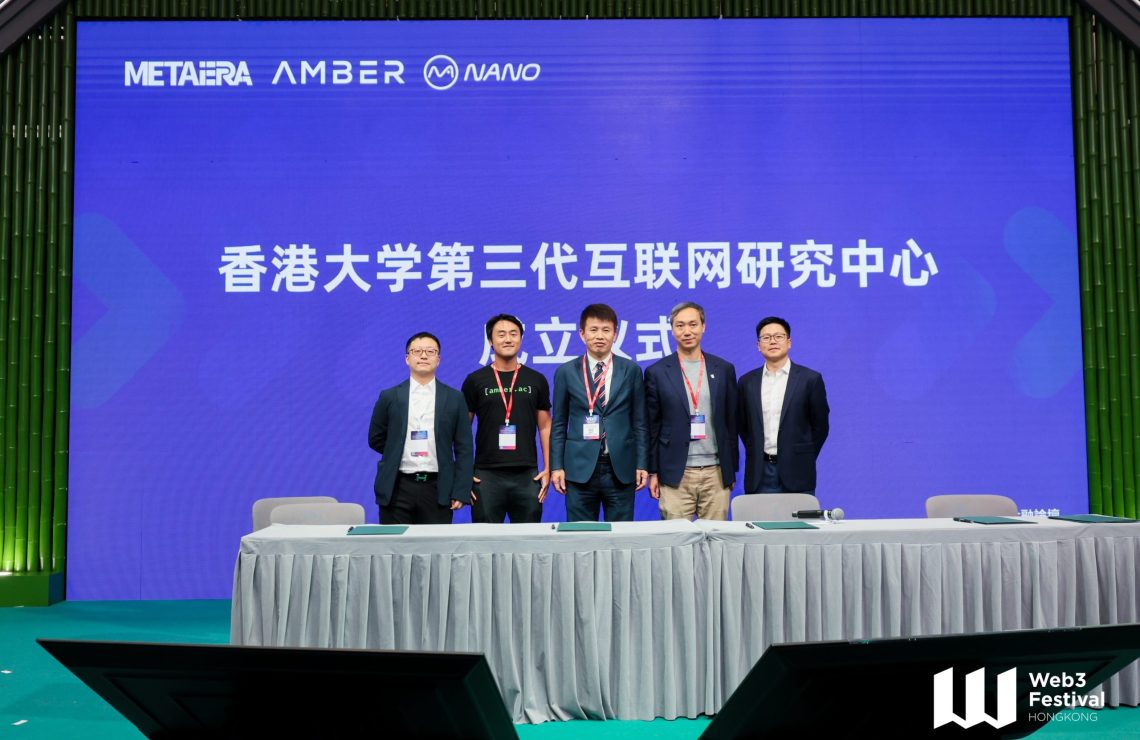JUSWIS 2024: An inspirational gathering of the world’s top minds in Information Systems research

The Joint University Summer Workshop on Information Systems (JUSWIS) 2024, held from July 7th to July 10th, was a resounding success, bringing together leading academics, researchers, and students from across the globe. Hosted at HKU, the workshop featured a dynamic lineup of keynote speeches, breakout sessions, and collaborative discussions that spanned a wide range of cutting-edge topics in information systems.
The workshop was co-chaired by prominent scholars in the field, including Prof. Jack Jiang and Prof. Yulin Fang from the University of Hong Kong, Prof. Weiquan Wang from the Chinese University of Hong Kong, and Prof. Kai Lim from Hong Kong Polytechnic University. Their leadership and expertise were instrumental in shaping the workshop’s agenda and ensuring its success.
The event began with a warm welcome from Professor Zhixi Wan, the Area Head of Innovation and Information Management at HKU, setting an engaging tone for the workshop. A keynote speech by Prof. Sue Brown provided deep insights into current trends and challenges in the field, sparking thoughtful discussions among participants. The breakout sessions that followed allowed presenters to share their research on diverse topics, from AI’s role in chronic illness management to the impact of digital technology on user growth in decentralized applications. Each session was met with active participation, reflecting the high level of interest and expertise among attendees.
On July 9th, the workshop featured two compelling keynote speeches. In the morning, Prof. Suprateek Sarker delivered a thought-provoking talk on the empirical traditions and theoretical contributions essential to leading IS journals, offering valuable considerations for both authors and reviewers. Later that afternoon, Prof. DJ Wu shared several intriguing studies he recently conducted on human and AI interaction, offering fresh perspectives and sparking further discussion on the evolving dynamics between humans and AI systems. Both talks underscored the importance of advancing our understanding of these critical areas as AI becomes increasingly integrated into various aspects of life and work.
The interactive and collaborative environment of JUSWIS 2024 was one of its key strengths. Participants had ample opportunities to engage in meaningful dialogue, share innovative ideas, and form new research partnerships. The final day wrapped up with individual meetings, providing a more intimate setting for in-depth discussions and potential collaborations.
In addition to the intellectual exchange, the workshop included social events that allowed attendees to network in a more relaxed atmosphere. A memorable dinner at HKU was particularly well-received, offering a perfect blend of professional interaction and cultural experience.
Overall, JUSWIS 2024 successfully achieved its goals of advancing knowledge, fostering collaboration, and building a vibrant community in the field of information systems. The positive feedback from participants underscores the workshop’s impact, and we look forward to continuing this tradition of excellence in future events.







